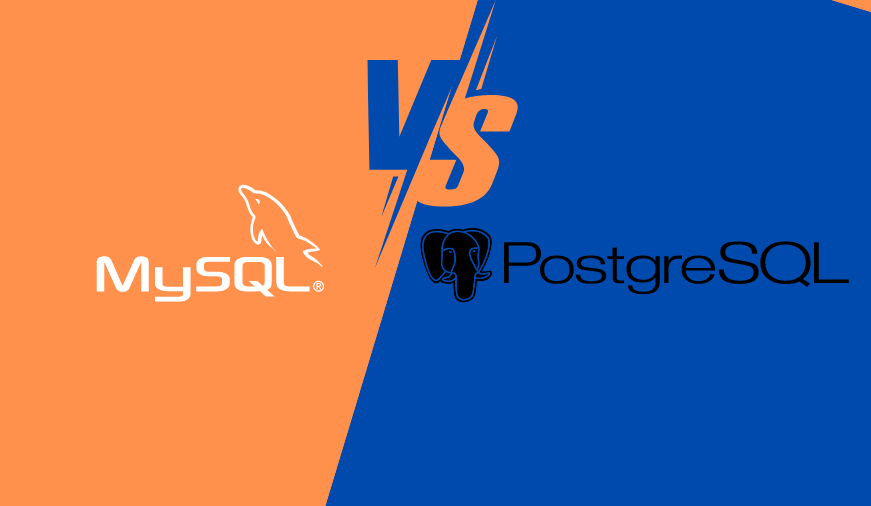


Structured Query Language (SQL) is a standard language used for managing and querying relational databases. It allows users to interact with databases to perform operations like querying data, updating records, creating tables, and managing permissions. SQL-based database systems can handle large datasets and ensure data integrity.
MySQL: Owned by Oracle Corporation, MySQL is one of the most popular relational database management systems (RDBMS) globally. It is known for being lightweight, fast, and user-friendly. It powers many web-based applications, including WordPress, Joomla, and Drupal.
PostgreSQL: PostgreSQL is an open-source, object-relational database management system (ORDBMS) that focuses on standards compliance and extensibility. It offers advanced features like complex queries, data integrity checks, and full support for ACID (Atomicity, Consistency, Isolation, Durability) compliance.
MySQL:
PostgreSQL:
Complexity and Extensibility: Offers support for a wider variety of data types (e.g., JSON, XML, arrays), and complex data models.
MySQL is optimized for read-heavy operations, which makes it a good choice for web applications that require fast queries and minimal updates. Its storage engines, such as InnoDB and MyISAM, allow for optimized use of resources.
PostgreSQL excels in handling complex, large-scale operations, including write-heavy workloads, and offers better support for advanced database operations like large table partitioning and multi-version concurrency control (MVCC).
MySQL: It is ACID-compliant but does not enforce strict compliance in all configurations by default. Some features, like foreign key constraints, are optional depending on the storage engine.
PostgreSQL: Known for being fully ACID-compliant, PostgreSQL ensures that data integrity is always enforced. It also supports advanced features like triggers, updatable views, and materialized views, which enhance data consistency.
MySQL: More limited in terms of extensibility. However, it offers plugins for certain features and a more constrained range of storage engines.
PostgreSQL: Highly extensible. Users can define new data types, build custom functions, and create plug-ins for the system. PostgreSQL also supports procedural languages such as PL/pgSQL, Python, and Perl.
MySQL: Commonly used for web applications like content management systems (CMS), e-commerce sites, and blogs. It’s a standard for many LAMP (Linux, Apache, MySQL, PHP) stack applications.
PostgreSQL: Typically chosen for complex data analysis, scientific computing, and large-scale enterprise applications where data integrity and reliability are crucial.
Choose MySQL if you’re looking for a simple, efficient database solution for web-based applications with high read loads and fewer complex operations. It's widely supported and integrates well with many web technologies.
Choose PostgreSQL if you require a powerful, extensible system with full SQL compliance, data integrity, and the ability to handle complex queries. PostgreSQL is preferred for large-scale applications with strict reliability and performance needs.
SQL (Structured Query Language): The standard language used to communicate with and manipulate databases. Most relational databases, including MySQL and PostgreSQL, use SQL.
Database Platforms: Systems like MySQL, PostgreSQL, Oracle, and Microsoft SQL Server are examples of relational database management systems (RDBMS) that support SQL. These platforms store and organize data in tables and allow for efficient querying and management of data relationships.
Each platform has its own strengths and specific use cases depending on the application's requirements, such as speed, data integrity, or extensibility.
0 comments